7 Car-Care Myths That Need to Die
Your Great-Uncle Frank may have gotten 150,000 miles out of his Studebaker, but the advice he handed down is probably out of date.

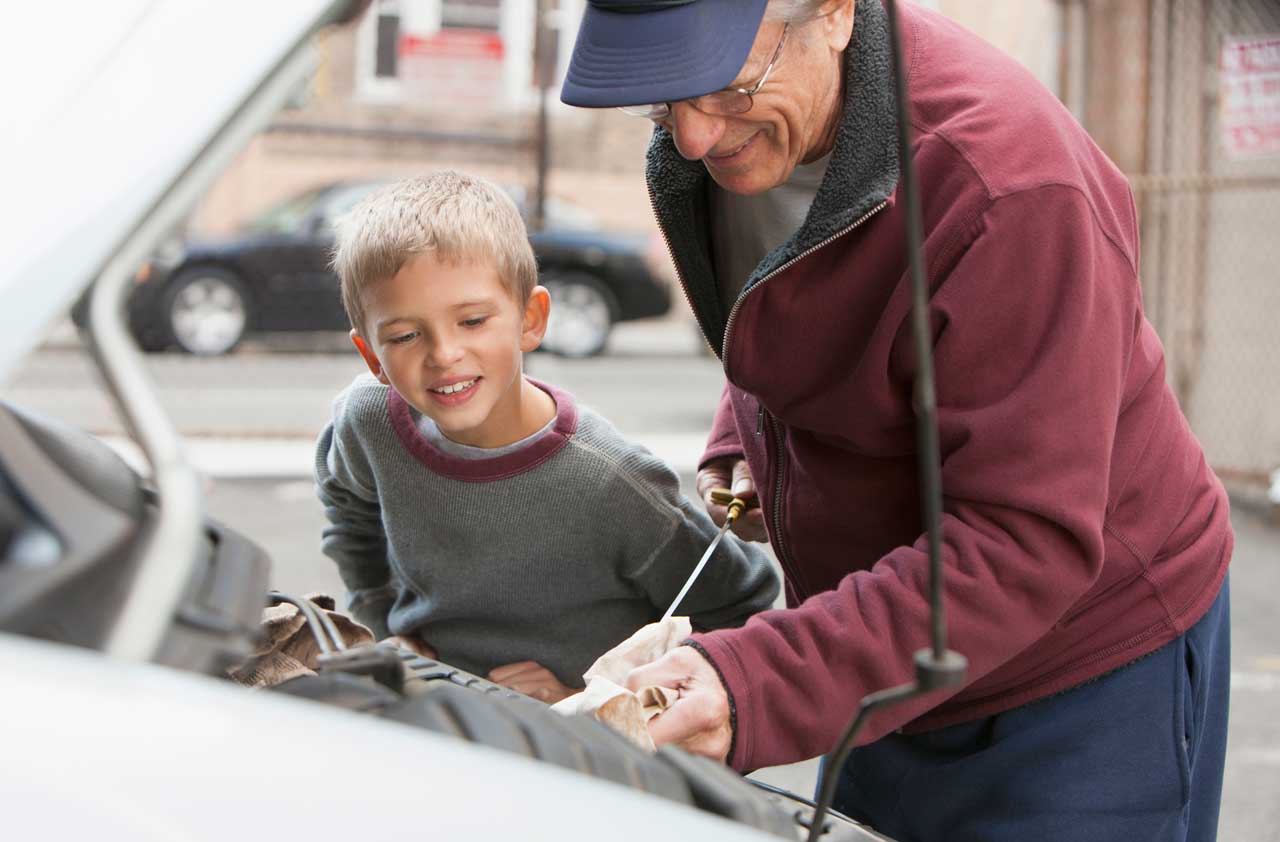
Profit and prosper with the best of Kiplinger's advice on investing, taxes, retirement, personal finance and much more. Delivered daily. Enter your email in the box and click Sign Me Up.
You are now subscribed
Your newsletter sign-up was successful
Want to add more newsletters?

Delivered daily
Kiplinger Today
Profit and prosper with the best of Kiplinger's advice on investing, taxes, retirement, personal finance and much more delivered daily. Smart money moves start here.

Sent five days a week
Kiplinger A Step Ahead
Get practical help to make better financial decisions in your everyday life, from spending to savings on top deals.

Delivered daily
Kiplinger Closing Bell
Get today's biggest financial and investing headlines delivered to your inbox every day the U.S. stock market is open.

Sent twice a week
Kiplinger Adviser Intel
Financial pros across the country share best practices and fresh tactics to preserve and grow your wealth.

Delivered weekly
Kiplinger Tax Tips
Trim your federal and state tax bills with practical tax-planning and tax-cutting strategies.

Sent twice a week
Kiplinger Retirement Tips
Your twice-a-week guide to planning and enjoying a financially secure and richly rewarding retirement

Sent bimonthly.
Kiplinger Adviser Angle
Insights for advisers, wealth managers and other financial professionals.

Sent twice a week
Kiplinger Investing Weekly
Your twice-a-week roundup of promising stocks, funds, companies and industries you should consider, ones you should avoid, and why.

Sent weekly for six weeks
Kiplinger Invest for Retirement
Your step-by-step six-part series on how to invest for retirement, from devising a successful strategy to exactly which investments to choose.
Your Great-Uncle Frank may have gotten 150,000 miles out of his Studebaker, but the advice he handed down is probably out of date. There are many sayings and shibboleths to watch out for if you want your car to have a long and healthy life. Even if you lease and your car’s longevity isn’t really an issue, knowing the difference between myth and reality could save you money.
These seven myths, in particular, continue to steer well-intentioned drivers off course. Take a look.
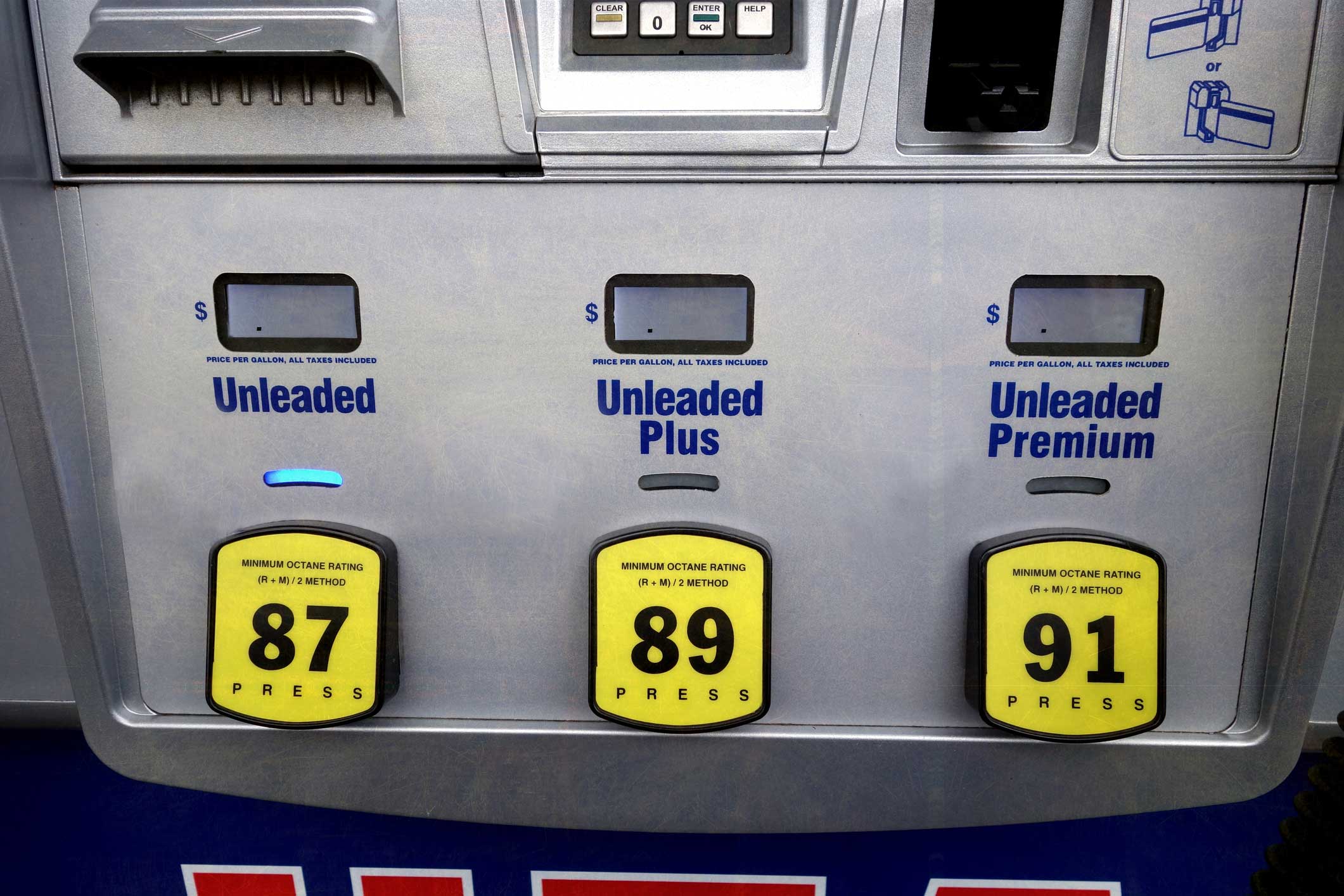
Myth: Premium Gas Is Better for Your Car
The term “premium” is just marketing; that’s why it’s often dubbed Ultra, Supreme, that sort of thing. The only reason to buy, um, premium gasoline is if your vehicle can benefit from the higher octane levels it has. Octane is a measure of gasoline’s resistance to pre-ignition (a hazard to your engine that you might hear as pinging, or knocking). Some car manufacturers recommend premium so that they can tune their engines for higher performance, but you can use regular safely. Only a small percentage of cars require premium gas.
There is an advantage to using fuel (of all octanes) that’s met a certain standard, called Top Tier. Read Buy Your Car the Gas It Deserves to learn more.
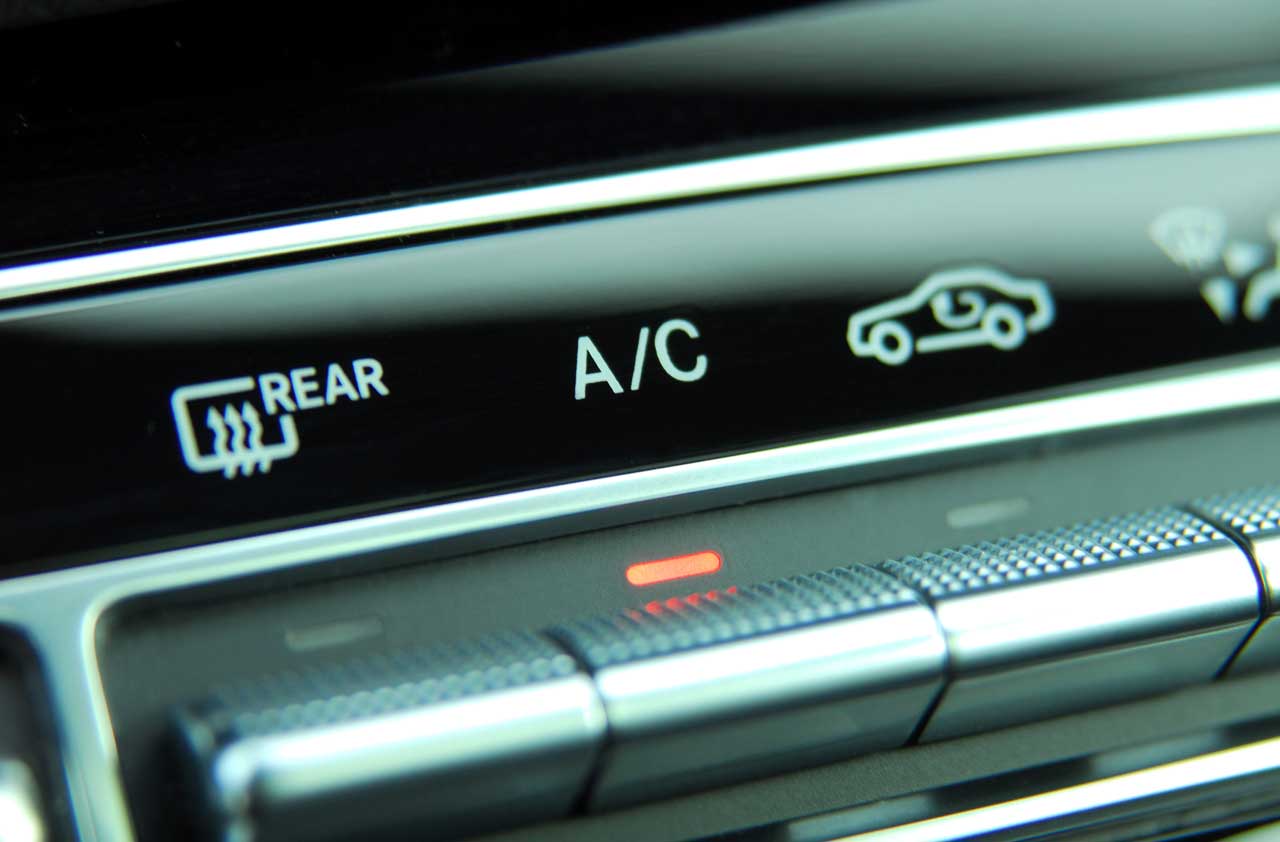
Myth: Running the A/C Uses Less Gas Than Rolling Down the Windows
We’re not sure this myth really needs to die; otherwise what would people argue about on summer car rides?
If you think sweating it out with the windows down and the A/C off will save the most gas, the Mythbusters guys are on your side, as is Consumer Reports. But a recent study by the Society of Automotive Engineers offers a bit of hope to those who would argue for punching the air conditioning button and keeping the windows up. While they note that air conditioning can indeed impose a considerable mileage penalty — if you run it on maximum and without recirculating the interior air — they outline strategies to reduce the MPG penalty of the A/C, including letting hot air out of the car after it’s been parked, and not running the fan full blast.
Follow those guidelines, they say, and, “depending upon many factors, as noted above, including the vehicle drag value, the energy requirements can be very slightly different to being the same to operate the A/C system versus shutting off the A/C system and opening the vehicle’s windows.”
So, that’s the academic take. But even the engineers note that “the use of the A/C system can reduce driver fatigue, a major safety issue.”
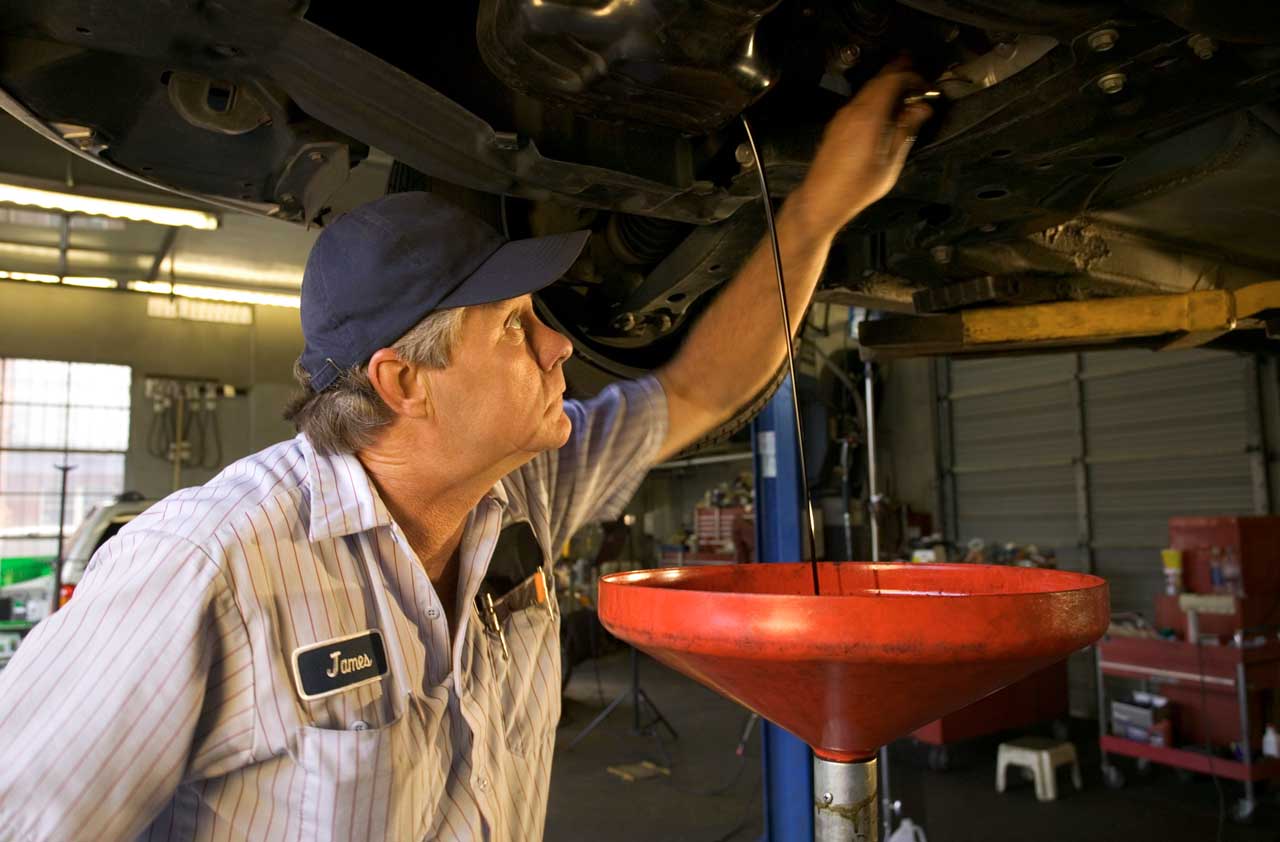
Myth: You Should Change Your Oil Every 3,000 Miles
Props if you can sing the old Jiffy Lube jingle! ("Every 3,000 miles, just bring it into Jiffy Lube.”) Notably, the oil-change giant dumped that slogan some years back.
Here’s the deal: You need to change your oil and filter when the owner’s manual recommends it. Not when your neighbor with the vintage Corvette thinks you should. And not when some service manager who wants to sell you a bunch of oil additives and flushes tells you to. Go by the book—or the service light on your dash. For many new cars, the recommendation is to change the oil only once every 5,000 miles—or even less frequently. For my VW Golf, it’s 10,000 miles, with synthetic oil.
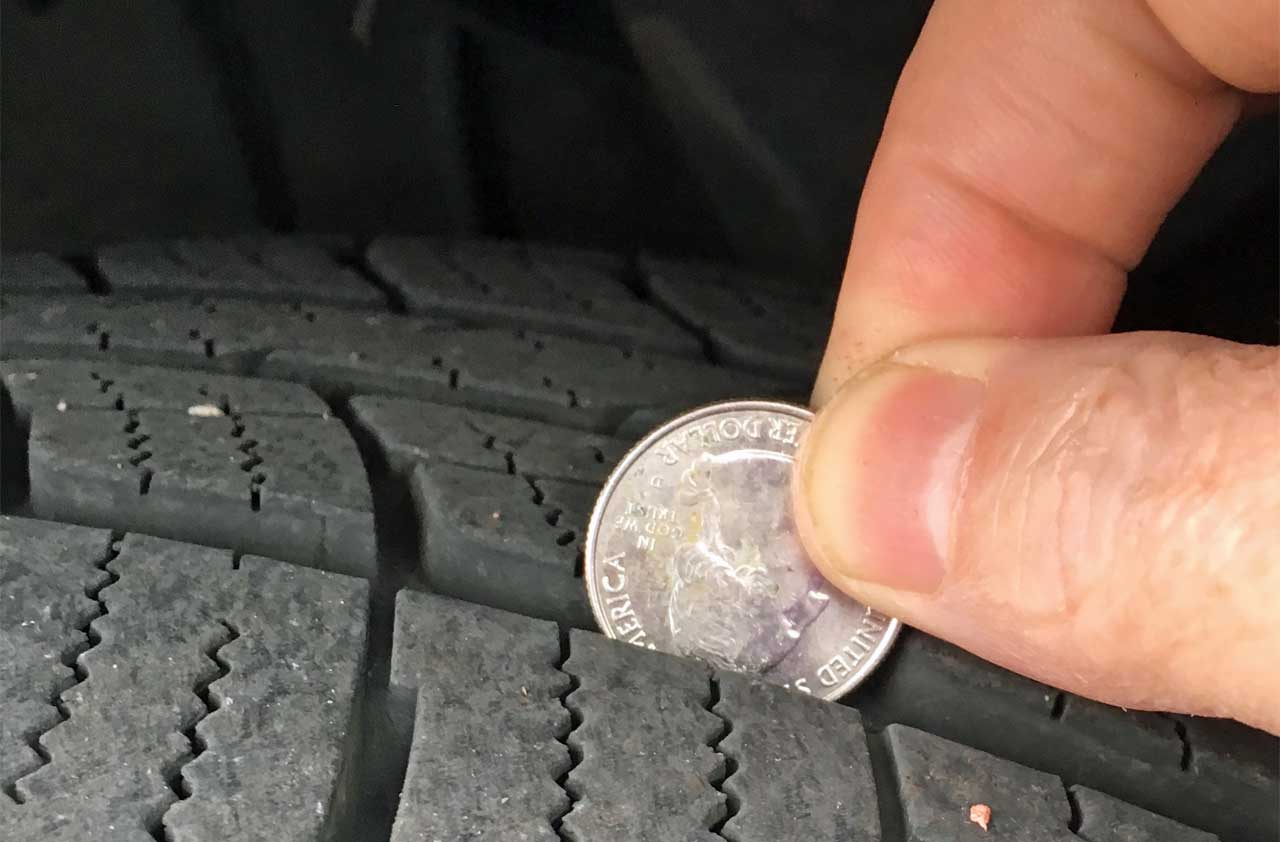
Myth: You Can Check Your Tire Tread with a Penny
This isn't 100% wrong—the myth version just uses the wrong coin. The old thinking was: Stick a penny in a groove head-down, and part of Abe’s head should always be covered.
The problem is, if you can see the top of his pate, that means the tire has less than 2/32" of tread, the legal minimum in most states. If that’s the case, you need new tires, like, right now, especially if there's any chance you're going to see any rain.
- Use a quarter instead. If George's head has some coverage, that means you have at least 4/32", a safer margin. If you're getting close, you'll have time to hunt around for a good deal on your next set of tires. If you want to get fancy about checking, an actual tire tread gauge (different than a tire pressure gauge) is dirt cheap.
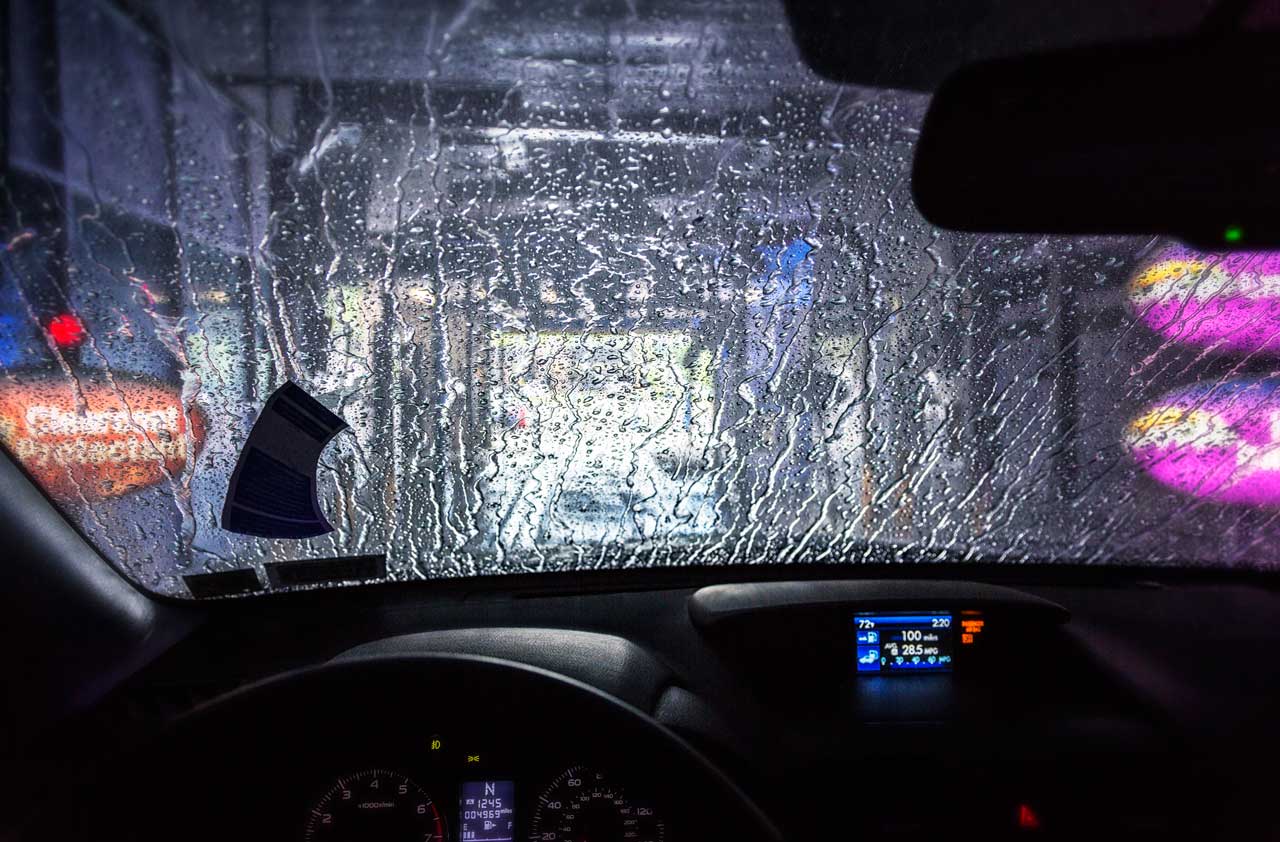
Myth: You Can Wax Your Car by Going Through a Car Wash
The business of shining up cars is a bit like the beauty-product industry, rife with talk of exotic waxes and space-age ingredients. Is it worth ponying up an additional $3 to $5 for “clearcoat protectant” or whatever the term of art is at the automatic car wash? We vote “no.” Nothing wrong with a (well-maintained) automatic car wash, but don’t get your hopes up about a product that is sprayed onto your car for 30 seconds and then rinsed off, even if it comes out in pretty colors with a blinking light to announce its deployment. That magic foam has to:
- Not smear your glass windows
- Not harm your car’s rubber & vinyl trim
- Be non-toxic enough that you can inhale the mist
- And protect your paint?
Given that the shelf at your car-parts store has separate products to shine and protect paint, vinyl, rubber and glass, and that applying them requires a modicum of elbow grease, better to save that $5 at the car wash and just buy and apply a cheap paint sealant yourself, such as NuPolish or Mothers California Gold Synthetic Wax. It can last up to a year and should take you less than 30 minutes to apply.
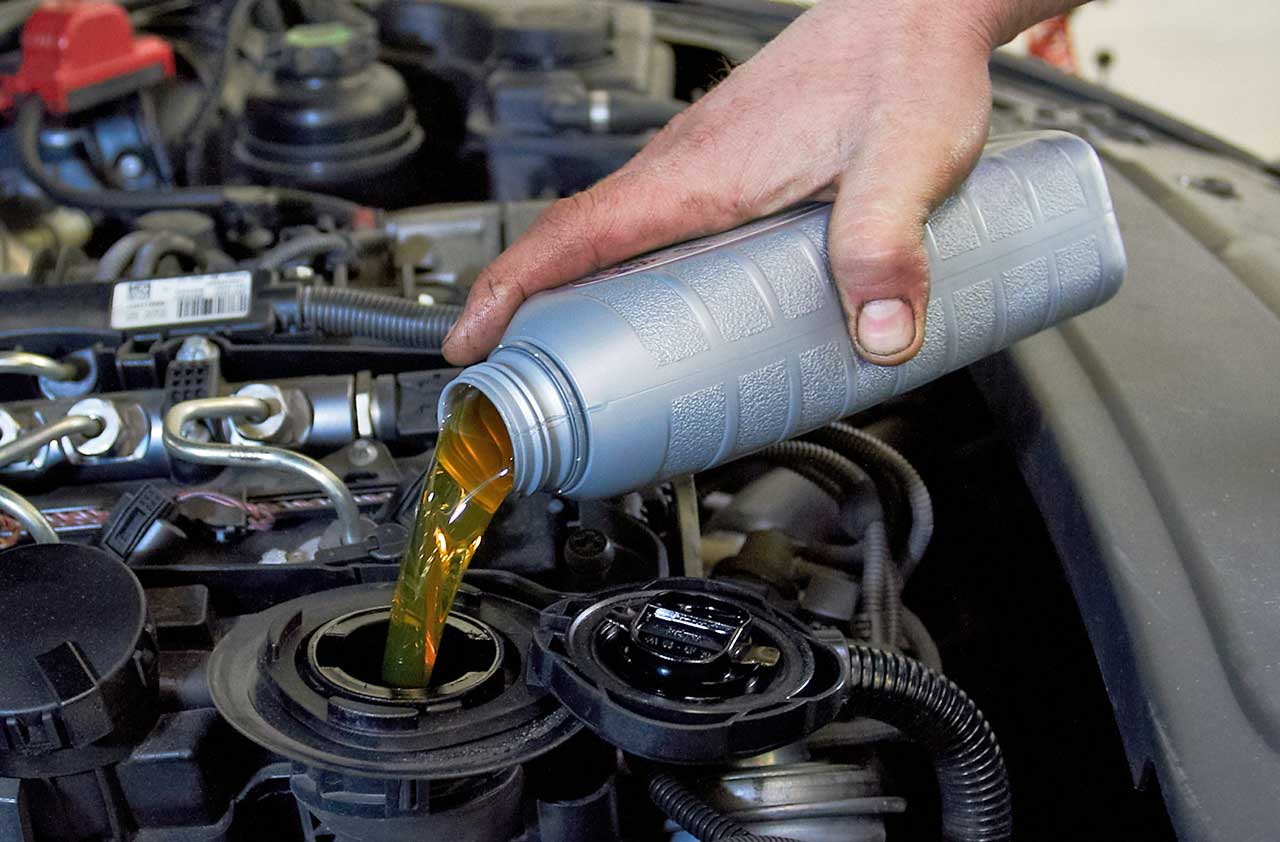
Myth: To Preserve Your Car’s Warranty, the Dealer Needs to Service It
Independent shops as well as some national chains are fighting back against dealer marketing efforts that play on consumer fears of voiding a warranty. If you have your services done regularly with quality parts—and keep your paperwork—federal law is on your side no matter where the work is done. Check out the Magnuson-Moss Warranty Act. If your dealer makes you happy, fine. Enjoy the loaner car. But it’s frequently the more expensive choice.
One advantage of going to the dealer, at least on occasion, is in case there's a “Technical Service Bulletin” out on your car. This is not a recall, but an advisory from the manufacturer on a non-safety-related item—say, premature corrosion in a certain area. Digging up these advisories yourself isn’t easy, but the dealer always gets them directly and will sometimes do a goodwill fix.
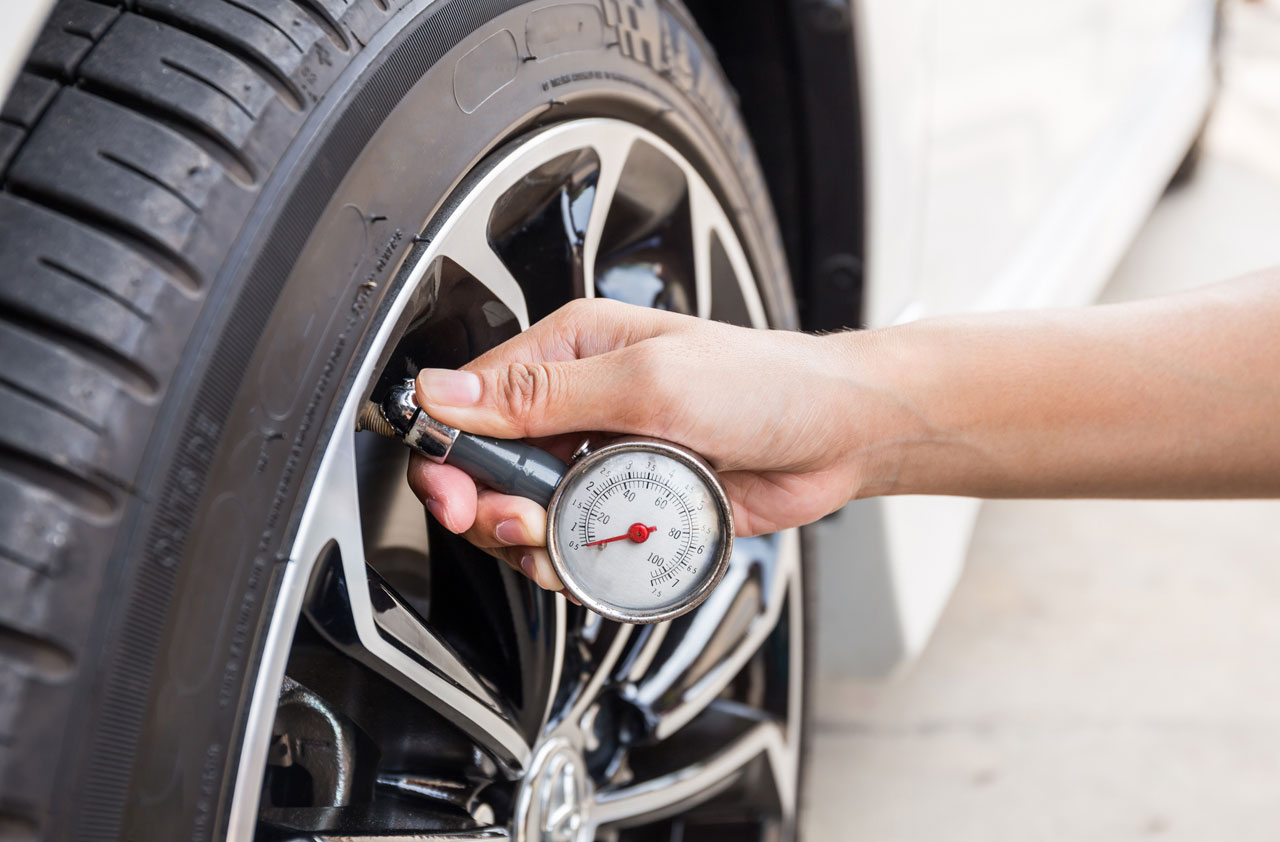
Myth: If Your Tire Pressure Light Is Off, You Have Enough Air
All cars sold since 2007 have what’s called Tire Pressure Monitoring Systems (TPMS). These do what the name says: monitor that your tires have air in them and warn you if they don’t.
The hitch is this: That light won’t come on until a tire is more than 25% lower than the recommended pressure. And if you wait for that, you’re potentially endangering yourself (an underinflated tire can compromise your car’s handling or even lead to a tire blowout) and wasting money (underinflated tires reduce your gas mileage by roughly 0.2% per pound that they’re low). Doesn’t sound like much, but try this math: If your recommended inflation pressure is 40 psi, and you’re 25% low on air, that’s a 2% hit to your gas mileage. Plus, underinflated tires wear more quickly and unevenly, reducing your tire life.
- Buy yourself a tire gauge and use it at least once a month, recommends Woody Rogers, a product-information specialist at Tire Rack, the online tire and wheel vendor. Plus, he notes, “you may see something like a cut or bulge from a road hazard that isn’t a problem yet, but will become a bigger one in the near future if left unattended. The driver who only waits for the TPMS light to come on will never get that close to their tires to discover small problems before they become big ones.”
Profit and prosper with the best of Kiplinger's advice on investing, taxes, retirement, personal finance and much more. Delivered daily. Enter your email in the box and click Sign Me Up.

In his former role as Senior Online Editor, David edited and wrote a wide range of content for Kiplinger.com. With more than 20 years of experience with Kiplinger, David worked on numerous Kiplinger publications, including The Kiplinger Letter and Kiplinger’s Personal Finance magazine. He co-hosted Your Money's Worth, Kiplinger's podcast and helped develop the Economic Forecasts feature.
-
 Ask the Tax Editor: Federal Income Tax Deductions
Ask the Tax Editor: Federal Income Tax DeductionsAsk the Editor In this week's Ask the Editor Q&A, Joy Taylor answers questions on federal income tax deductions
-
 States With No-Fault Car Insurance Laws (and How No-Fault Car Insurance Works)
States With No-Fault Car Insurance Laws (and How No-Fault Car Insurance Works)A breakdown of the confusing rules around no-fault car insurance in every state where it exists.
-
 7 Frugal Habits to Keep Even When You're Rich
7 Frugal Habits to Keep Even When You're RichSome frugal habits are worth it, no matter what tax bracket you're in.
-
 10 Things You Should Know About Buying a Car Today, Even if You've Bought Before
10 Things You Should Know About Buying a Car Today, Even if You've Bought BeforeIf buying a car is on your to-do list, and it's been a while since you went shopping for a new one, this guide will help avoid any nasty shocks in the showroom.
-
 Get the Best Car Deal in Retirement: Here's the Trick
Get the Best Car Deal in Retirement: Here's the TrickPlanning on shopping for a new car this Labor Day weekend? Here’s how to haggle for a better price, even though you're retired.
-
 What to Do With Your Tax Refund: 6 Ways to Bring Growth
What to Do With Your Tax Refund: 6 Ways to Bring GrowthUse your 2024 tax refund to boost short-term or long-term financial goals by putting it in one of these six places.
-
 What Does Medicare Not Cover? Eight Things You Should Know
What Does Medicare Not Cover? Eight Things You Should KnowMedicare Part A and Part B leave gaps in your healthcare coverage. But Medicare Advantage has problems, too.
-
 15 Reasons You'll Regret an RV in Retirement
15 Reasons You'll Regret an RV in RetirementMaking Your Money Last Here's why you might regret an RV in retirement. RV-savvy retirees talk about the downsides of spending retirement in a motorhome, travel trailer, fifth wheel, or other recreational vehicle.
-
 The Six Best Places to Retire in New England
The Six Best Places to Retire in New Englandplaces to live Thinking about a move to New England for retirement? Here are the best places to land for quality of life, affordability and other criteria.
-
 The 10 Cheapest Countries to Visit
The 10 Cheapest Countries to VisitWe find the 10 cheapest countries to visit around the world. Forget inflation and set your sights on your next vacation.
-
 15 Ways to Prepare Your Home for Winter
15 Ways to Prepare Your Home for Winterhome There are many ways to prepare your home for winter, which will help keep you safe and warm and save on housing and utility costs.
